This portal addresses the user community of ESA's Space Debris Software. It serves as entry gate for software licence applications and for the retrieval of the software. Registered users may retrieve updated data and software patches and may raise support requests.
MASTER
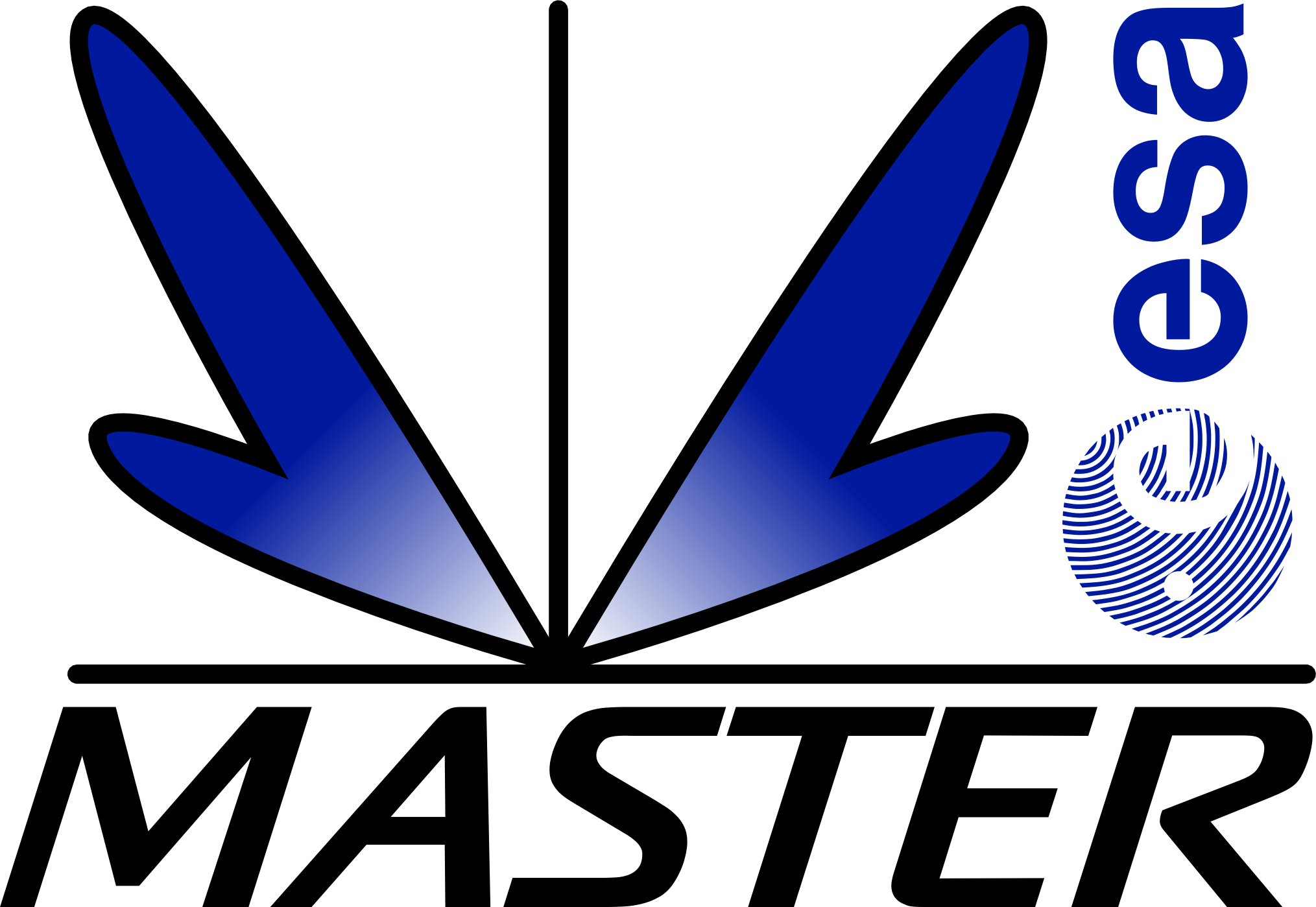
MASTER (Meteoroid and Space Debris Terrestrial Environment Reference) allows to assess the debris or meteoroid flux imparted on a spacecraft on an arbitrary earth orbit. MASTER also provides the necessary computational and data reference for DRAMA and needs to be installed before DRAMA is installed.
DRAMA
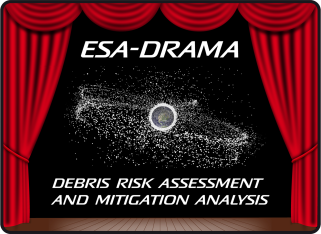
DRAMA (Debris Risk Assessment and Mitigation Analysis) is a comprehensive tool for the compliance analysis of a space mission with space debris mitigation standards. For a given space mission, DRAMA allows analysis of:
- Debris and meteoroid impact flux levels (at user-defined size regimes)
- Collision avoidance manoeuvre frequencies for a given spacecraft and a project-specific accepted risk level
- Re-orbit and de-orbit fuel requirements for a given initial orbit and disposal scenario
- Geometric cross-section computations
- Re-entry survival predictions for a given object of user-defined components
- The associated risk on ground for at the resulting impact ground swath
Please beware that the installation of MASTER may be required to have access to all features of the DRAMA suite. While DRAMA comes with space debris population files for MASTER's reference epoch, a full MASTER installation gives access also to the historic and future population.
DISCOSweb

DISCOS (Database and Information System Characterising Objects in Space) serves as a single-source reference for launch information, object registration details, launch vehicle descriptions, spacecraft information (e.g. size, mass, shape, mission objectives, owner), as well as orbital data histories for all trackable, unclassified objects which sum up to more than 40000 objects. Today, DISCOS not only plays an essential role in the various daily activities at the ESA's Space Debris Office, and it is the basis for operational processes in collision avoidance, re-entry analyses, and for contingency support. DISCOS also provides input to numerous and very differently scoped engineering activities, within ESA and throughout academia and industry. DISCOS-based routine activities also comprise the maintenance of a Re-entry Events Database to support internationally coordinated re-entry prediction campaigns of risk objects. Users with a demonstrated need-to-know can apply for an account for on-line use (specified quotas apply) of DISCOS through a dedicated web-interface, if they belong to a research institute, to a government organisation, or to an industrial company of an ESA Member State (e.g., not as an individual).
Oriundo
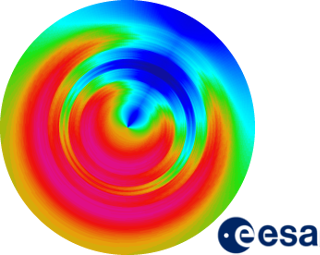
Oriundo (On-ground RIsk estimation for UNcontrolleD re-entries tOol) is a model maintained by the ESA Space Debris Office. As the name suggests, it is targeted at estimating the on-ground risk of uncontrolled re-entries. The core comprises a population density prediction model based on the the Gridded Population of the World scaled with the UN World Population Prospect. The variable input and functionallity makes it a very agile tool.
PROOF
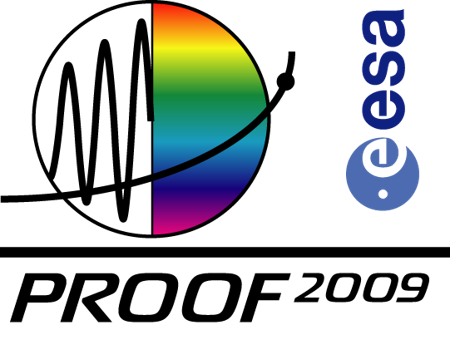
PROOF (Program for Radar and Optical Observation Forecasting) provides statistical pass characteristics of the non-deterministic space debris population and as well as the acquisition and pass characteristics of known objects for ground- and space-based radar and passive optical sensors. It is used in the validation process of ESA's MASTER model.
ESA LCA Database
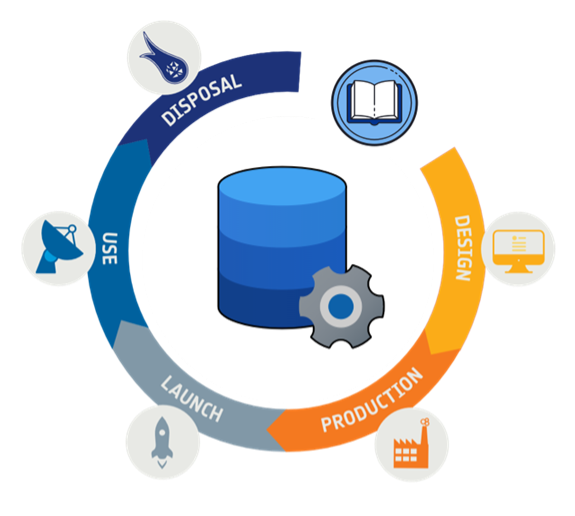
The ESA LCA (Life-Cycle Assessment) Database allows to assess the environmental impacts of space products or systems through the Life-Cycle Assessment methodology.